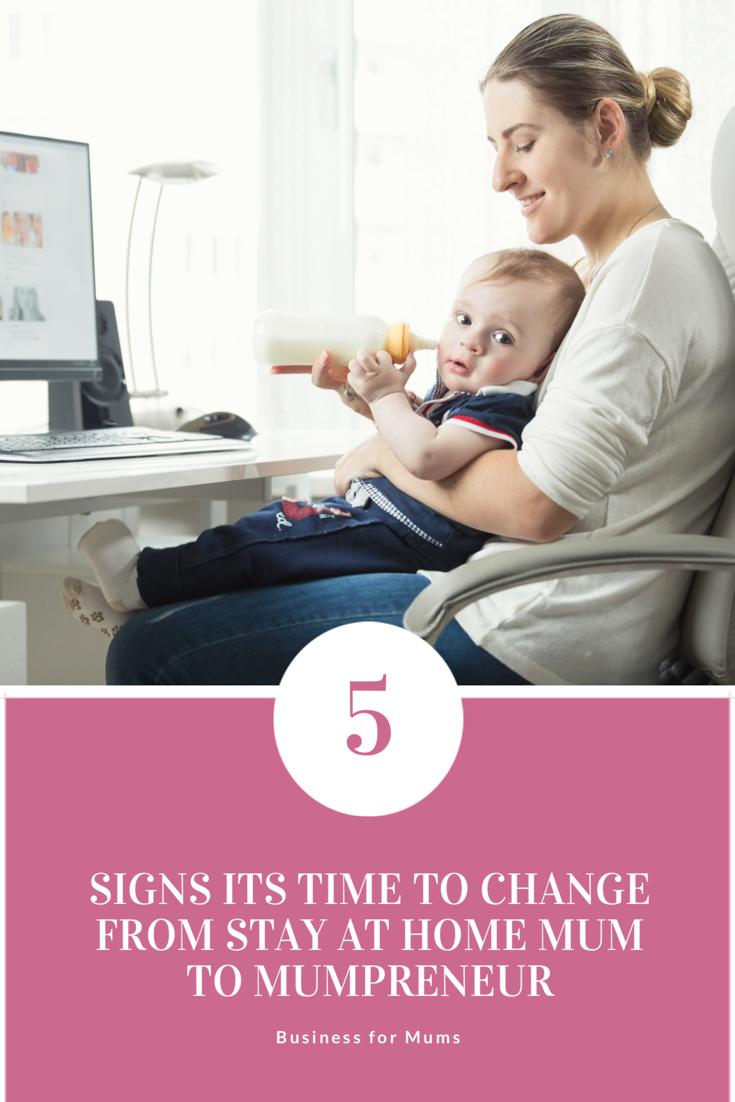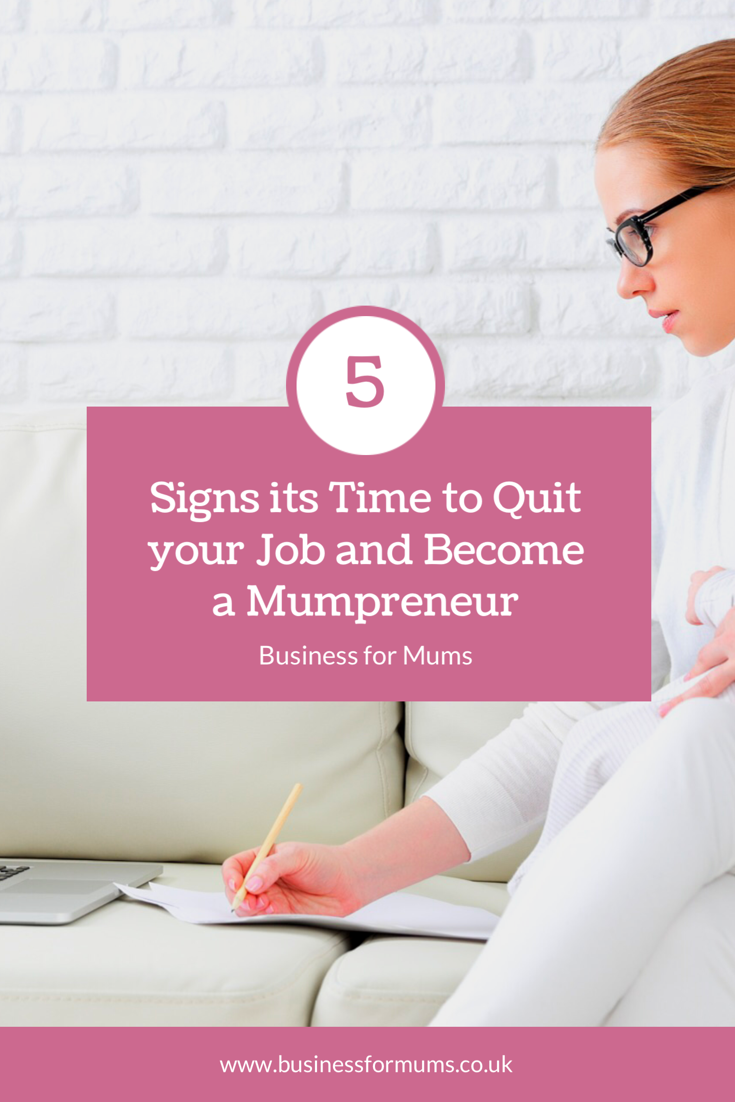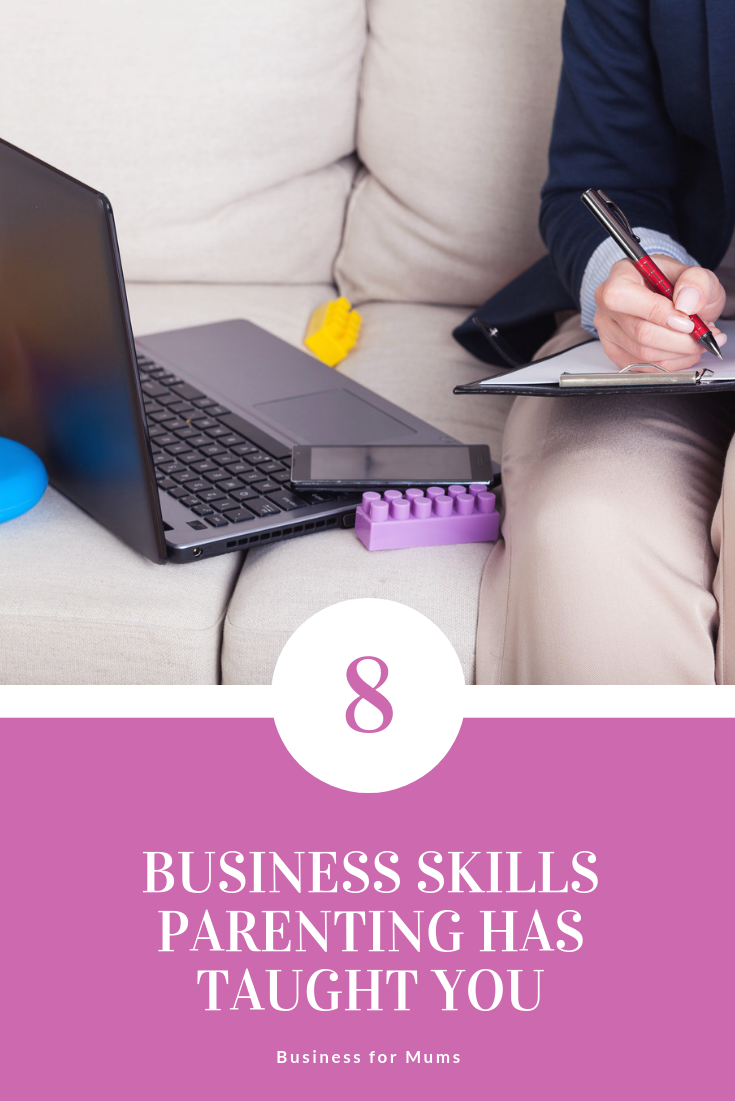A franchise can be a great way to start a business (if you want to know more, check out our post on franchising). You get to learn from someone else’s mistakes and have a business that you know can be successful. The key to successful franchising is choosing one that meets your needs and with so many to choose from that can be difficult. We’re rounded up the top 8 franchise business types that can work well for mums.
Franchise Baby & Toddler Classes
Baby and Toddler classes can be a great fit because they are generally term time only. You may be able to take your little one with you. It’s important that you like babies and small children and are happy leading a group. Lots of classes will require you to sing too so you can make use of all of those nursery rhymes you’ve learnt since becoming a Mum!
Pet Sitting franchise
If you like animals then pet sitting could work for you. This type of business can take many forms from, having animals stay in your house like family pets, a cattery or Kennels type arrangement, visiting other people’s homes to car for pets or just walking dogs while people are at work. While you could start this type of business alone, one of the main benefits of franchising is that insurance is generally provided for you.
Nearly New Sales
Baby and Children’s Nearly New Sales are becoming more and more popular. There are a number of different franchises around to choose from so you’ll need to do your research carefully. You’ll need to work at weekends sometimes to run the sales and spend plenty of time marketing the events to make sure they’re successful.
Castings/fingerprint jewellery Franchises
Children are small for such a short amount of time that we all love to have mementos. There are now many franchises that offer either castings, which can be of hand, feet or bumps or jewellery with hand, finger or foot prints. These franchises can offer flexibility and an outlet for creativity.
Franchise Parties
Children’s parties are big business with parents admitting to spending an average of £320. Some franchises offer a variety of party types while others are quite niche for example for example science or football. You’ll need a big personality and be happy to work at the weekends.
Cleaning franchises
Before you dismiss the idea because you’ve got enough cleaning of your own to do, cleaning franchises don’t generally involve you doing any actual cleaning. Franchisees market the business and hire other people to do the cleaning. Some franchises deal with PAYE and National Insurance which makes the business much easier to run.
Publishing Franchises
There are publishing franchises available both online and in print. There are a number of franchises that run print magazines, the basic content is created by the franchise and then franchisees sell advertising and distribute the magazines. Online publishers run large websites and franchisees buy the rights to sell advertising for a certain geographical area.
Virtual Assistant franchises
Becoming a virtual assistant (offering admin support from home to small businesses) is a popular choice with Mums. There are now a growing number of virtual assistant franchises that can help you get started. You’ll want to choose an established franchise so that you can benefit from their reputation and marketing.
With so many different franchises available it’s important to do your research to find one that will work for you. If you need help deciding which business is best for you then our course “How to become a Mumpreneur” can help.













